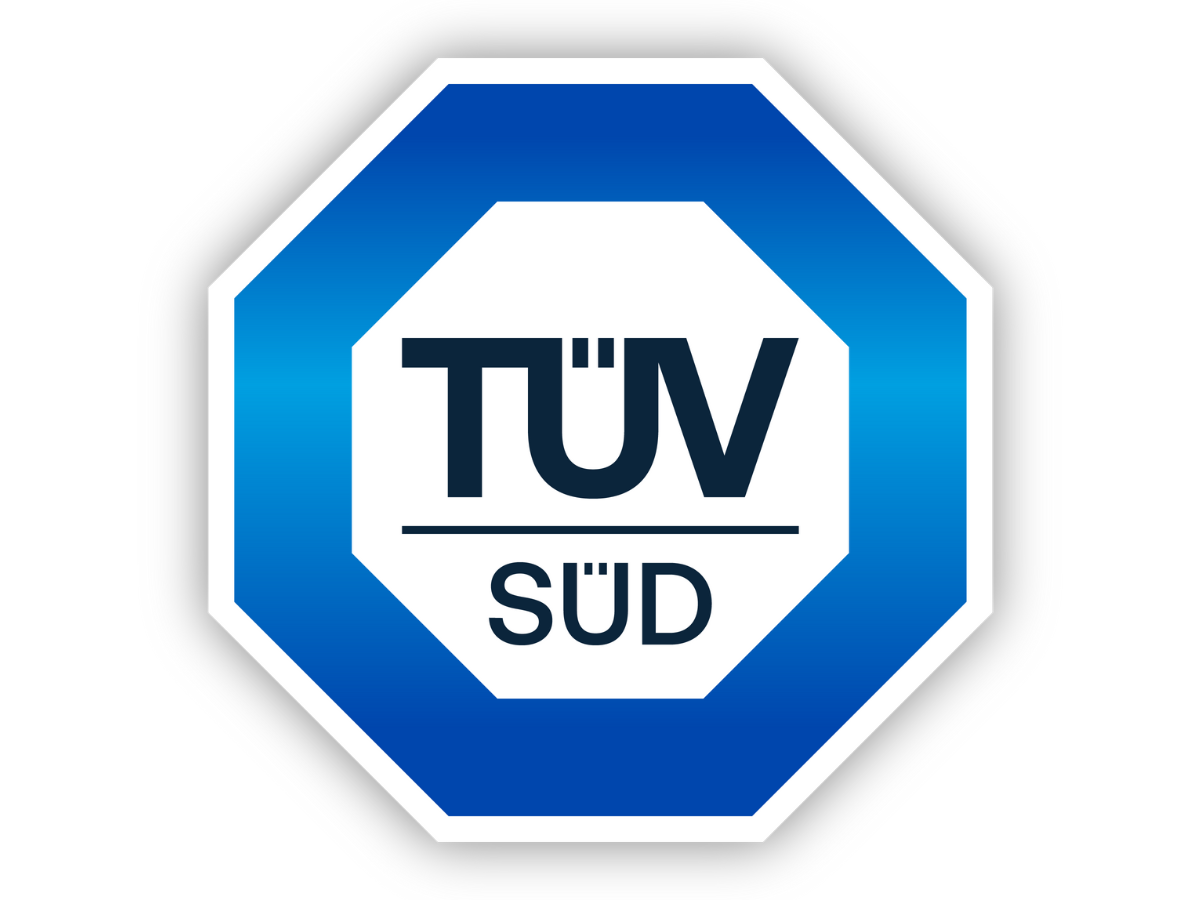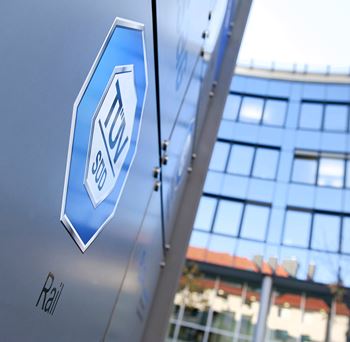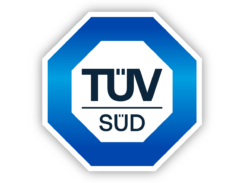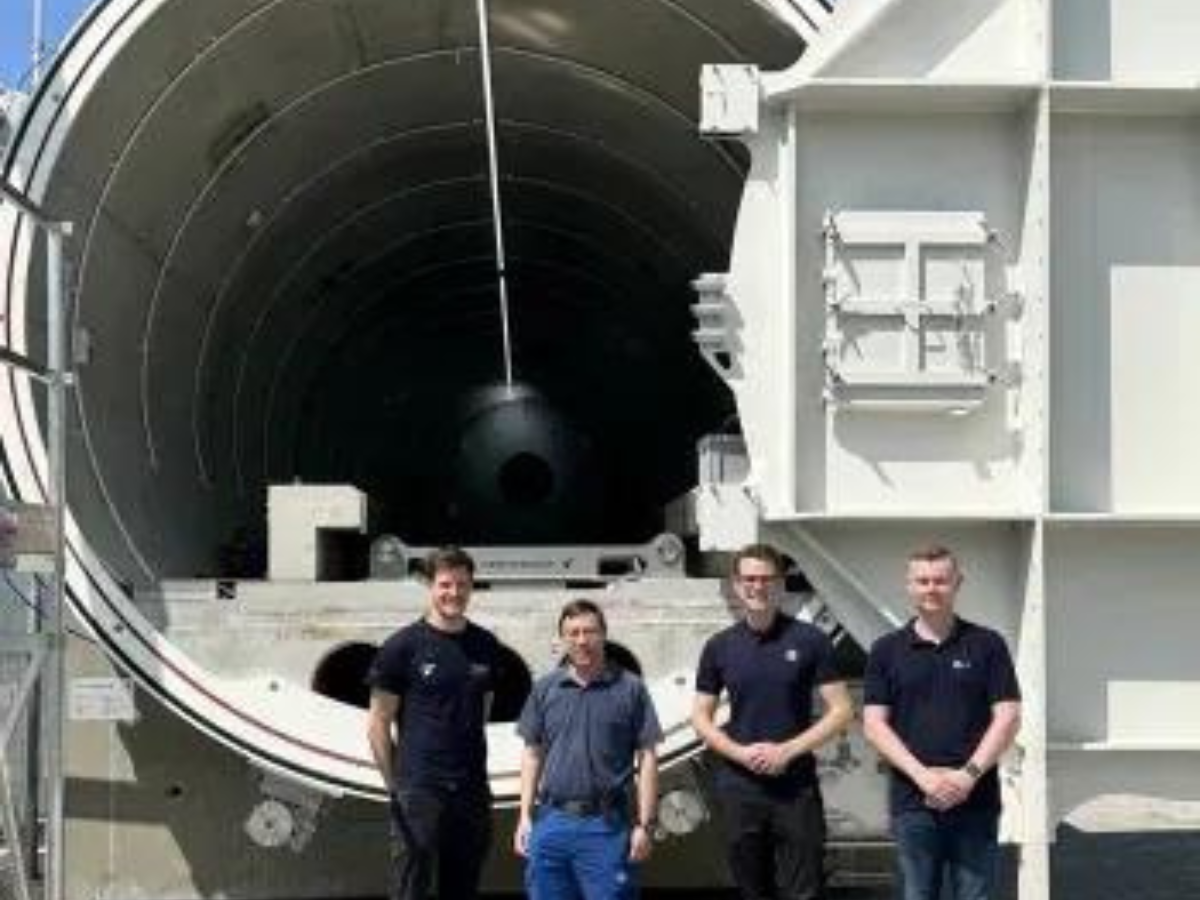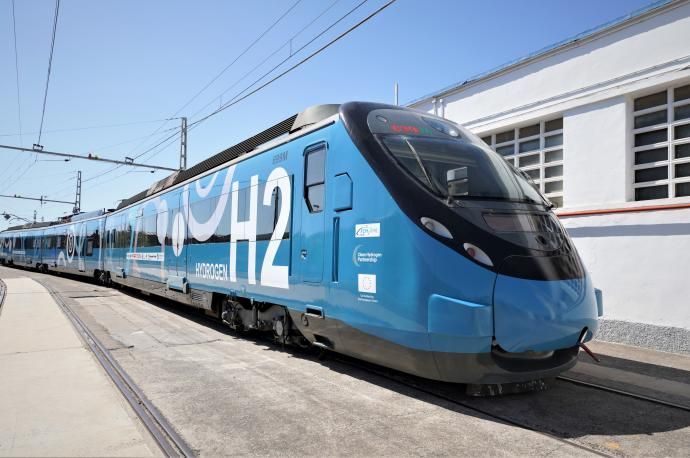Certifications for Safe Hydrogen Technologies and Fuel Cell and Electrolysis Systems
TÜV SÜD supports the development of safe hydrogen and fuel cell technologies.
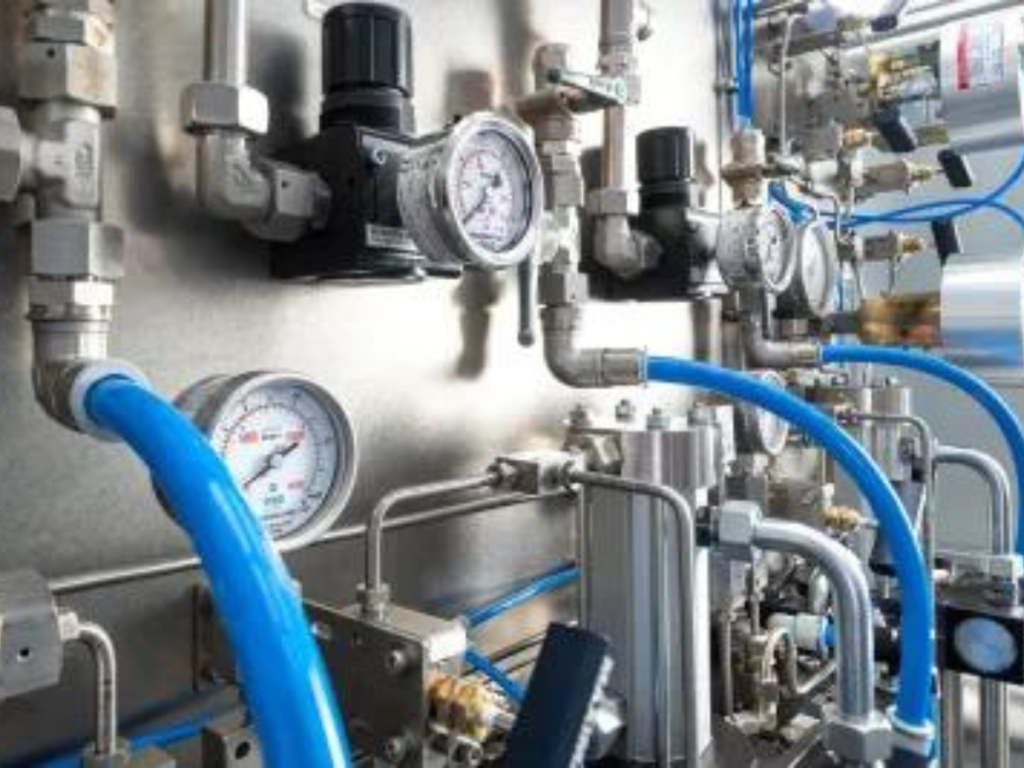
At Hannover Messe from 22 to 26 April 2024, the international testing, inspection and certification (TIC) company will be presenting its H2-Readiness Certification for materials, components and systems as well as certification marks for fuel cells and electrolysis systems. A further focus will be on training and qualifications for the safe handling of hydrogen. (Hall 013, Stand E34/1)
TÜV SÜD offers a comprehensive testing and certification landscape for hydrogen technologies to drive the transition to renewable energy. By introducing H2 Readiness Certification, TÜV SÜD has created a solution that enables reliable statements to be made concerning the suitability of materials and components for use with hydrogen in the future.
For example, the experts have closely collaborated with manufacturers to develop the P003 standard, which addresses the resistance of materials to hydrogen under pressure The company has also drawn up a guideline on the H2 readiness of power plants, which supports manufacturers and operators with the development of a roadmap for conversion of combined-cycle power plants to operation with hydrogen, and thus protects investments in sustainable energy supply.
TÜV SÜD also offers hydrogen safety and performance testing across the entire pressure and temperature range for hydrogen, helium and gas mixtures. The services of the TIC company also include functional and durability tests up to 130 MPa for components, leakage and permeation tests up to 130 MPa, hydraulic burst tests up to 400 MPa and gas flow tests up to 100 g/s and 100 MPa.
Pressure vessel leakage and permeation tests up to 105 MPa are also performed. Tests also cover hydrogen compatibility of metallic and non-metallic materials as well as product and system certifications. TÜV SÜD’s service portfolio further includes EMC testing for hydrogen systems and environmental testing for components and pressure vessels in accordance with LV123/124. Testing covers components for mobile, stationary and industry hydrogen applications, fuel-cell modules and systems as well as pressure vessels.
Certification Marks for Fuel Cell Systems, Electrolysers and H2 System Components
TÜV SÜD offers voluntary certification schemes that can be used by manufacturers of fuel-cell systems, electrolysers and H2 system components to demonstrate the safety and quality of their products. So far, these schemes have been directed at stationary factory-produced fuel cell systems for power generation, for electrolysers and for hydrogen-carrying components. These components are used in applications such as H2 filling stations and in vehicles that use hydrogen as an energy carrier.
The corresponding certification schemes are designed to comply with various standards, including the IEC 62282 series of standards, ISO 22734 for electrolysers, ISO 19880-3 and -5 for hydrogen valves and hydrogen refuelling hoses, and ISO 17268 for refuelling nozzles and receptacle and protective caps. This ensures that the products meet the stringent quality and safety requirements that are crucial in the hydrogen industry.
Training on the Correct Handling of Hydrogen
In addition to the testing and certification of materials, components and systems, the TÜV SÜD Academy also offers training courses and qualifications on the safe handling of hydrogen along the hydrogen value chain; current seminars address the topics of “Material compatibility in connection with hydrogen”, “Power-to-gas systems with hydrogen”, “Safety and approval of hydrogen drives for rail vehicles” and “Safer working on systems with hydrogen”.
More information about the services of TÜV SÜD in the field of hydrogen and fuel-cell technology as well as the company’s range of initial and advanced training can be found at:
- Your partner for safety and efficiency in hydrogen
- Hydrogen testing at TÜV SÜD
- Seminars on the correct handling of hydrogen (only in German language)
This article was originally published by TÜV SÜD.

